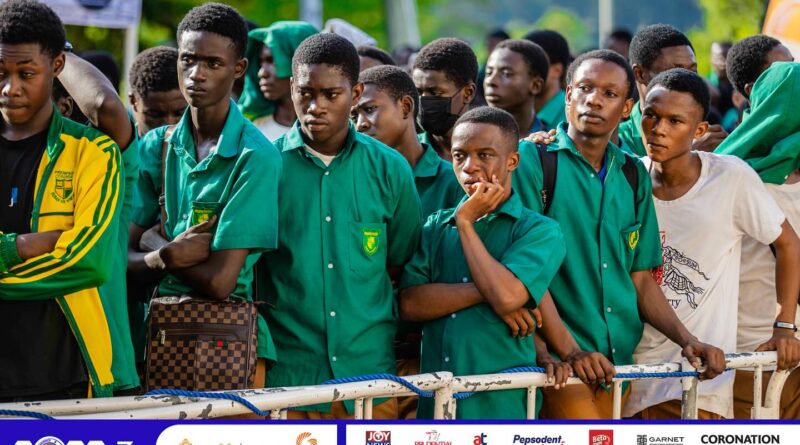CHOPSS Urges Government to Settle WAEC Debt to Release 2024 WASSCE Results
The Conference of Heads of Private Second-Cycle Schools (CHOPSS) has called on the government to promptly settle an outstanding GH₵118 million debt owed to the West African Examinations Council (WAEC). The delay in payment has caused significant anxiety among private secondary schools, as the release of the 2024 West African Senior School Certificate Examination (WASSCE) results remains uncertain.
This debt, which has hampered WAEC’s operations, has reportedly led to the breakdown of essential equipment, such as scanners, due to a lack of maintenance funds. Thousands of students across the country are now left in limbo, with their academic futures hanging by a thread.
In a strongly worded press release on December 22, CHOPSS described the situation as a “national disgrace,” emphasizing the devastating impact on students, parents, and the education sector as a whole.
“These students have worked tirelessly, their parents have made significant sacrifices, and now their futures are being jeopardized by bureaucratic incompetence and a lack of financial responsibility,” the statement declared.
The delay poses an urgent threat to students hoping to secure university admissions, with application deadlines looming. The University of Education, Winneba, has set a deadline of January 7, 2025, for direct applications, while the University of Mines and Technology (UMaT) is also operating under strict timelines.
CHOPSS further highlighted concerns about systemic inequities, noting that students in private schools—many of whom have already paid their examination fees—are disproportionately affected by the crisis.
“This is a clear case of systemic failure,” the association stated.
CHOPSS has demanded the government immediately settle the debt to WAEC to prevent further disruptions. The association also warned of potential legal action and public demonstrations should the issue remain unresolved.
As the clock ticks, the call for swift intervention grows louder, with stakeholders urging the government to prioritize the education of Ghana’s youth and restore faith in the nation’s examination processes.
